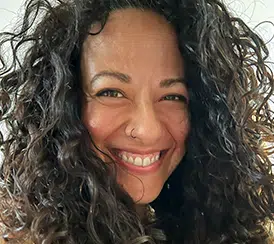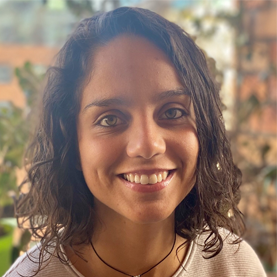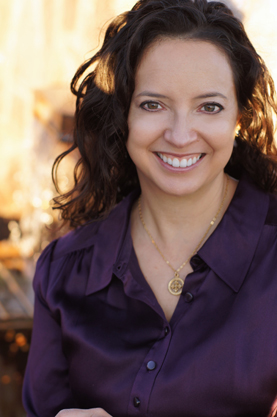
Here is a short story from the land of the poet Rumi that sets the tone for what I want to share with you.
Once upon a time, there was a shepherd who spoke directly to God while grazing his sheep. “When I get home I will bathe your feet and rub them with nice oils, my Lord. Then I will cook you rice, and serve you my finest wine.”
All day long he would praise God as he felt the love for him in his heart.
One day a mullah was passing by and heard the shepherd’s prayers. Immediately, he rushed over to reprimand the shepherd: “How can you speak like that to God! That is blasphemy! The true way of prayer is in the Holy Book, and then gave the shepherd the book to study.
The mullah kept on his way and soon stopped to eat and then rest under the shade of a tree. When he entered a most relaxed state, he heard the deep voice of God.
“My son, you acted so harshly towards my beloved servant”.
Alarmed, the mullah sat up quickly and replied “I am sorry, my Lord. It was because he was saying blasphemy!”
“Yes!” Answered God, “but it was sweet blasphemy!”
Sorrowful, the mullah went back to apologize to the shepherd. “Please forgive me, the way you pray it is just the way God likes it. Please go back to your authentic way”.
“My authentic way, it is not in the Holy Book, it is how I use to pray before you broke my spell. ” Answered the shepherd…
Often, the most powerful words to say to the divine are the ones closest to our hearts and not the words taught to us through religious doctrine. Speaking in our day-to-day language can be our most authentic way to pray. If there is a mantra or any foreign words that echo inside of us we can also use them in our divine dialogue.
What matters is that we infuse our words with love and intent since this is the fuel that carries our prayers where they need to be heard.
Of course, we can also pray without words by offering a dance or our silence to the divine.
By Marcela Lobos







